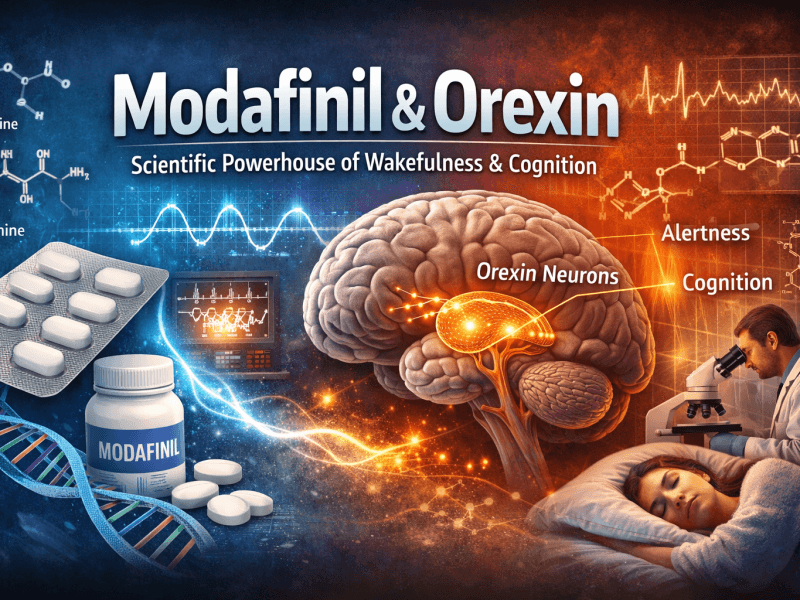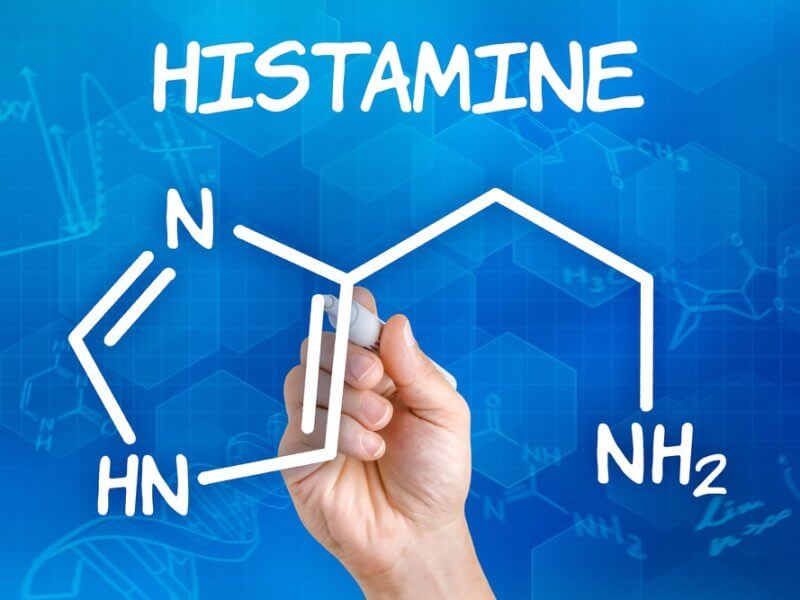Last Updated on 12/09/2025 by James Anderson
Modafinil, commonly prescribed to treat narcolepsy and other sleep disorders, is gaining more attention due to its potential role in the treatment of depression. Learn Six key aspects of modafinil and its effects on depression, as well as details for those considering this drug as part of their treatment.
Efficacy of Modafinil When Combined with Antidepressants
Combining modafinil with traditional antidepressants can offer significant benefits for those struggling with treatment resistant depression. Research studies have shown that adding modafinil to selective serotonin reuptake inhibitors (SSRIs) or serotonin norepinephrine reuptake inhibitors (SNRIs) may improve the overall response rate.
- Mechanism of Action: Modafinil enhances dopamine and norepinephrine activity, which are key neurotransmitters linked to mood regulation.
- Clinical Evidence: In randomized controlled trials, patients using modafinil alongside antidepressants experienced faster improvement in depressive symptoms compared to those using antidepressants alone.
This combination therapy is particularly beneficial for individuals who experience persistent fatigue and lack of motivation as part of their depressive disorder.
Improvement in Cognitive Functions
Depression often impairs cognitive functions, including memory, attention, and decision making. Modafinil has been found to provide remarkable benefits in this area.
- Enhanced Focus: Users report better concentration and reduced mental fog, which can be life-changing for those whose careers or daily responsibilities are affected by depression.
- Memory Support: Studies suggest that modafinil improves working memory, aiding patients in recalling and processing information more effectively.
These cognitive enhancements make modafinil an attractive option for individuals whose productivity and quality of life are hindered by depressive symptoms.
Rapid Reduction in Depression Symptoms
One of the most compelling advantages of modafinil is its ability to provide rapid relief from certain symptoms of depression.
- Energy Boost: Unlike many antidepressants, which may take weeks to show results, modafinil’s stimulating properties help alleviate fatigue and lethargy almost immediately.
- Mood Elevation: Although not classified as a traditional antidepressant, modafinil’s influence on brain chemicals often results in improved mood within hours of administration.
For individuals seeking a quicker improvement in their condition, modafinil’s prompt effects can be a significant advantage.
Benefits for Treatment Resistant Depression
Treatment resistant depression (TRD) remains a challenging condition for patients and healthcare providers. Modafinil offers a promising alternative for those who have not responded to standard treatments.
- Adjunctive Therapy: Modafinil is increasingly being used as an adjunct to conventional antidepressants, helping to bridge the gap for those who find no relief from first-line therapies.
- Unique Mechanism: By targeting specific neurotransmitter pathways differently from typical antidepressants, modafinil addresses symptoms that are otherwise difficult to manage.
Patients with TRD often report a noticeable difference in their ability to function and engage in daily activities when using modafinil as part of their treatment plan.
Safety, Tolerability, and Abuse Potential
Modafinil is generally considered safe and well tolerated, but like any medication, it comes with its own set of considerations.
- Side Effects: Common side effects include headaches, nausea, and insomnia. However, these are usually mild and resolve with continued use or dose adjustments.
- Low Abuse Potential: Unlike traditional stimulants, modafinil has a lower risk of dependency and abuse, making it a safer option for long term use.
- Contraindications: It is essential to consult a healthcare provider before using modafinil, especially for individuals with underlying conditions such as heart disease or severe anxiety.
Understanding these factors helps ensure that patients use modafinil responsibly and under appropriate medical supervision.
User Reviews and Real World Experiences
The experiences of individuals who have used modafinil for depression provide valuable insights into its effectiveness.
- Positive Feedback: Many users highlight the energizing effects of modafinil, reporting improved motivation, productivity, and mood stability.
- Challenges: Some individuals note that the initial adjustment period may include mild side effects, but these often subside over time.
- Long-Term Benefits: Users who continue modafinil as part of their treatment plan often find sustained improvements in both mood and cognitive performance.
These firsthand accounts underscore the potential of modafinil as a transformative tool in managing depression.
Conclusion
Modafinil represents a promising option for individuals grappling with depression, particularly those facing treatment resistant cases or significant cognitive impairments. Its ability to boost energy, enhance focus, and improve mood makes it a valuable adjunct to traditional therapies. However, as with any medication, careful consideration and medical guidance are essential.
‼️ Disclaimer: The information provided in this article about modafinil is intended for informational purposes only and is not a substitute for professional medical consultation or recommendations. The author of the article are not responsible for any errors, omissions, or actions based on the information provided.
References:
- H.J. Conradi, J. Ormel, P. de Jonge. Presence of individual (residual) symptoms during depressive episodes and periods of remission: A 3 year prospective study
- DeBattista C, Doghramji K, Menza MA, Rosenthal MH, Fieve RR; Modafinil in Depression Study Group. Adjunct modafinil for the short term treatment of fatigue and sleepiness in patients with major depressive disorder: a preliminary double blind, placebo controlled study. Psychiatry 2003
- Ballon JS, Feifel D. A systematic review of modafinil: potential clinical uses and mechanisms of action. J Clin Psychiatry 2006
- Ciancio A, Moretti MC, Natale A, Rodolico A, Signorelli MS, Petralia A. Personality Traits and Fatigue in Multiple Sclerosis: A Narrative Review. Journal of Clinical Medicine. https://doi.org/10.3390/jcm12134518 . 2023
- Natsch, A. What makes us smell: The biochemistry of body odour and the design of new deodorant ingredients. CHIMIA International Journal for Chemistry. https://doi.org/10.2533/chimia.2015.414 . 2015
- Gadde K, Alamy S, Zhang W, Connor K, Davidson JR. Modafinil for atypical depression: effects of open-label and double blind discontinuation treatment. Psychopharmacol 2006
- Kaufman KR, Menza MA, Fitzsimmons A. Modafinil monotherapy in depression. Eur Psychiatry 2002
- Fava M, Thase ME, DeBattista CA. A multicenter, placebo controlled study of modafinil augmentation in partial responders to selective serotonin reuptake inhibitors with persistent fatigue and sleepiness. Psychiatry 2005
- Murillo-Rodriguez E, Haro R, Palomero Rivero M, Millan Aldaco D, Drucker Colin R. Modafinil enhances extracellular levels of dopamine in the nucleus accumbens and increases wakefulness in rats. Behav Brain Res 2007
- Ninan PT, Hassman HA, Glass SJ, McManus FC. Adjunctive modafinil at initiation of treatment with a selective serotonin reuptake inhibitor enhances the degree and onset of therapeutic effects in patients with major depressive disorder and fatigue. J Clin Psychiatry 2004
- FDA – https://www.fda.gov/


